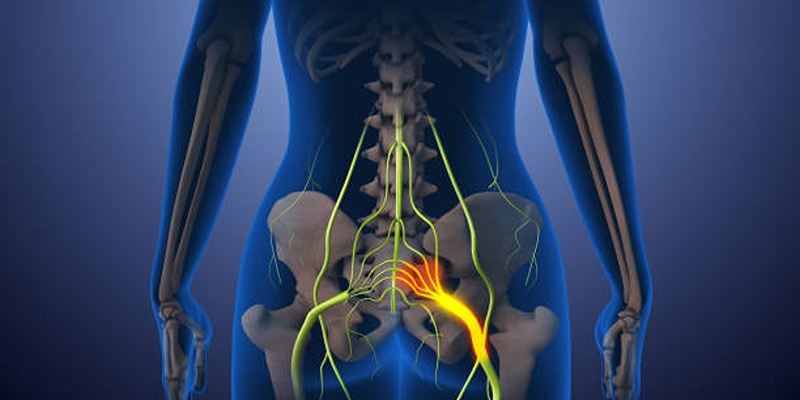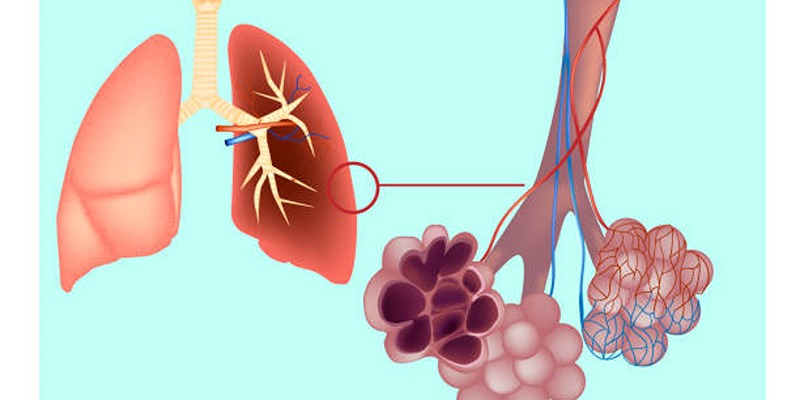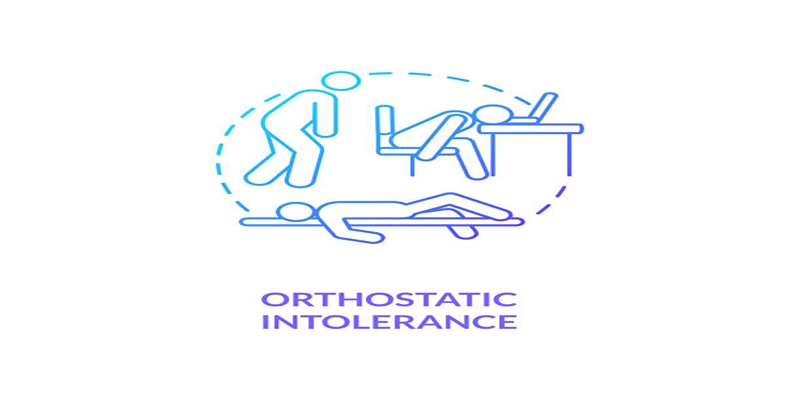Explore The Causes And Warning Signs Of Progressive Multifocal Leukoencephalopathy
Progressive Multifocal Leukoencephalopathy (PML) is a rare but potentially deadly brain infection that affects individuals with compromised immune systems. This disease occurs due to the reactivation of the JC virus, which is typically harmless in healthy individuals but can become problematic for those whose immune defenses are weakened. Early detection of PML is crucial to preventing its progression, as it can lead to irreversible brain damage and, in some cases, death.
This article explores the warning signs and causes of PML to help you understand the risks and symptoms of this condition.
Warning Signs of Progressive Multifocal Leukoencephalopathy:
Vision Problems:
A common symptom of PML is a sudden onset of vision disturbances, including blurred vision, partial vision loss, or even blindness in one or both eyes. Some individuals may also experience double vision or an inability to see contrasts clearly, such as difficulty distinguishing between light and dark.

Cognitive Impairment:
People with PML often experience a noticeable decline in cognitive abilities. Common symptoms include memory loss, confusion, trouble concentrating, and difficulty recognizing familiar faces or surroundings. As the disease progresses, the individual may lose the ability to perform simple mental tasks.
Motor Dysfunction:
Muscle weakness, difficulty walking, and coordination problems are typical signs of motor dysfunction. Patients might stumble or have trouble maintaining their balance, and some may experience partial paralysis. In advanced stages, these symptoms can severely affect mobility and independence.
Speech Difficulties:
Another key symptom is slurred speech or trouble articulating words. PML can impair the brain's speech centers, leading to speech that may sound incoherent or slow. In severe cases, this can make communication very difficult.
Seizures:
Seizures, ranging from mild to severe, can occur in patients with PML. These may include twitching, jerking of limbs, or more generalized shaking. Some individuals might also experience loss of consciousness during a seizure. Seizures are an alarming sign of PML and often indicate that the infection progresses.

Personality and Behavioral Changes:
Personality shifts and behavioral changes, such as increased irritability, mood swings, or apathy, may appear early in the disease. People may act differently, becoming withdrawn or exhibiting aggression, which can be confused with psychiatric disorders.
Difficulties in Daily Activities:
Patients may struggle to perform everyday tasks such as dressing, bathing, or eating. Fine motor control is often the first to be affected, making it challenging to handle utensils or buttons.
Headaches:
Persistent or severe headaches, especially those that do not respond to common pain relievers, can indicate brain inflammation and are often experienced by those with PML. These headaches may be accompanied by nausea or vomiting, signaling increased pressure in the brain.
Causes of Progressive Multifocal Leukoencephalopathy:
- Immunosuppressive Drugs: Immunosuppressive medications, such as those taken by patients with autoimmune diseases (like lupus or rheumatoid arthritis) or organ transplant recipients, can increase the risk of PML. These drugs suppress the immune system, leaving the body vulnerable to infections like PML.
- Multiple Sclerosis (MS) Treatment: Patients with multiple sclerosis who are treated with certain drugs, such as natalizumab, are at an increased risk for developing PML. These medications are effective in managing MS symptoms but can suppress the immune system, which makes it easier for the JC virus to reactivate.
- Cancer Treatment (Chemotherapy): Chemotherapy drugs, commonly used to treat various types of cancer, can weaken the immune system, increasing the risk of opportunistic infections like PML. This risk is exceptionally high when chemotherapy is used in combination with other immunosuppressive therapies.
- Organ Transplantation: Organ transplant recipients take immunosuppressive drugs to prevent organ rejection. However, these drugs also make it easier for dormant infections like the JC virus to reactivate. PML is a serious concern for transplant recipients, especially those who are on long-term immunosuppressive therapy.
- Leukemia and Lymphoma: People with blood cancers like leukemia and lymphoma often have weakened immune systems due to the disease or the treatments used (such as chemotherapy). These individuals are more susceptible to developing PML due to the compromised immune defense.
- Inherited Immune Deficiency: Certain genetic conditions that impair immune function can also contribute to the development of PML. These conditions prevent the body from effectively controlling viral infections, including the JC virus, leading to an increased PML risk.
- Other Autoimmune Diseases: Other autoimmune conditions that require immunosuppressive therapies, such as Crohn's disease or ulcerative colitis, can also elevate the risk of developing PML. When the immune system is suppressed, it is less capable of controlling dormant viral infections, leading to the reactivation of the JC virus.
Diagnosis of Progressive Multifocal Leukoencephalopathy:
Diagnosing PML is a complex process that requires careful evaluation of clinical symptoms, imaging studies, and laboratory tests. Doctors may rely on MRI scans to detect characteristic brain lesions associated with PML and cerebrospinal fluid (CSF) analysis to identify the presence of JC virus DNA. A brain biopsy may also be required in rare cases where the diagnosis is uncertain.
Treatment Options for Progressive Multifocal Leukoencephalopathy:
While there is no specific antiviral treatment for PML, certain approaches can help manage the disease:
- Immune Restoration: Restoring immune function is the primary treatment for PML. In HIV/AIDS patients, effective antiretroviral therapy (ART) can significantly boost the immune system, while discontinuing immunosuppressive treatments may allow the immune system to fight the JC virus.
- Experimental Treatments: Some experimental therapies, such as cytarabine or cidofovir, have shown promise in treating PML, though they are not yet widely approved.
- Supportive Care: PML patients often need extensive supportive care, including physical therapy, speech therapy, and occupational therapy, to manage symptoms and maintain quality of life.
- Regular Monitoring: Ongoing medical evaluation and follow-up MRI scans are necessary to track disease progression and assess the effectiveness of treatments.
Conclusion
Progressive Multifocal Leukoencephalopathy is a rare but serious disease caused by the reactivation of the JC virus in individuals with compromised immune systems. Recognizing the warning signs of PML, such as vision problems, cognitive impairment, and motor dysfunction, is crucial for early diagnosis and intervention. The causes of PML, including HIV/AIDS, immunosuppressive treatments, and organ transplantation, highlight the importance of monitoring immune function in at-risk individuals.
Suppose you or someone you know is experiencing the symptoms of PML. In that case, it is essential to seek immediate medical attention to halt the progression of the disease and potentially save lives.











